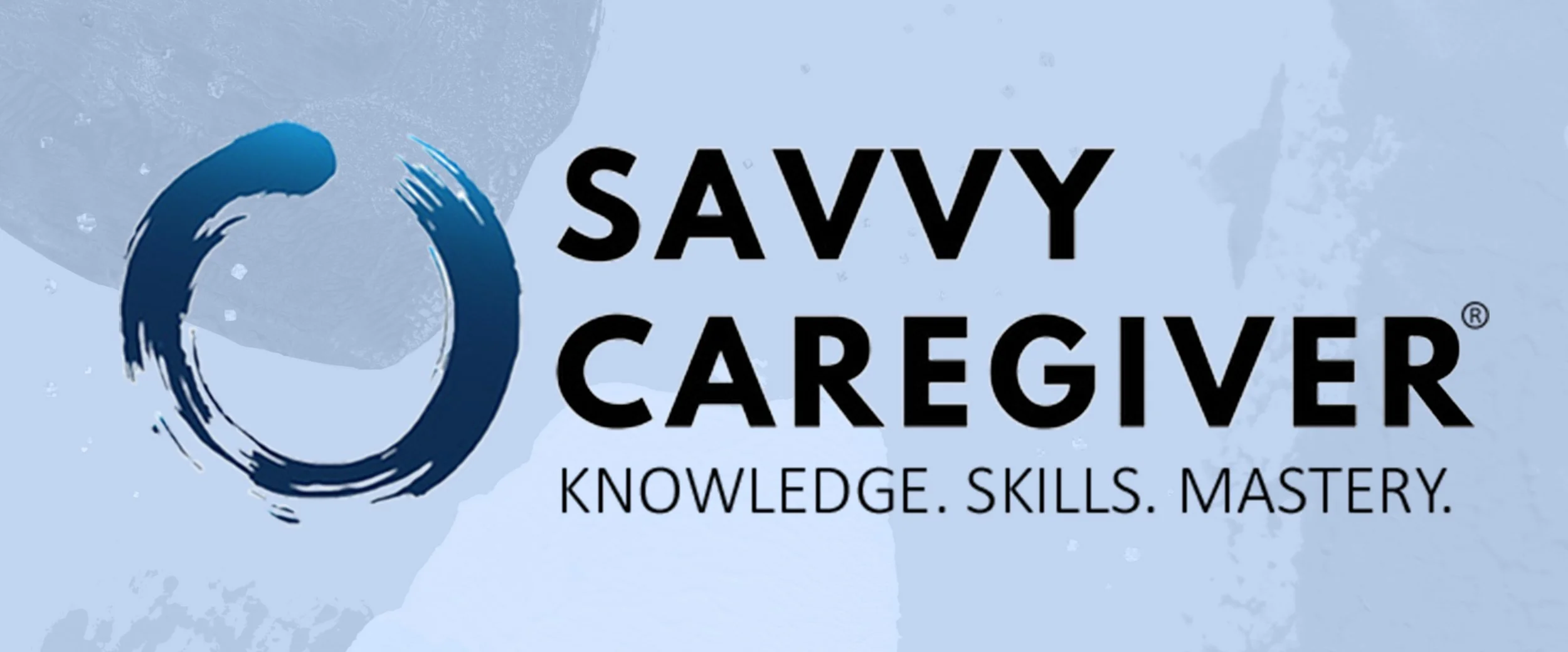Supporting Caregivers of Aging Adults with IDD: A Collaborative Approach
by Kathleen Bishop, PhD, John V. Hobday, Cameron Jeter, PhD, Kathryn Pears, MPPM, June Sadowsky, DDS, MPH & Carey Wexler Sherman, PhD
“I think you need more care, and I am not the doctor for you.”
The above quote comes from a research study published by Lagu et al in 2002 on the state of health care for adults with Down syndrome and other types of Intellectual and Developmental Disabilities (IDD). A physician was stating his concern to the family caregiver over his lack of knowledge and expertise in treating adults with IDD. We contribute this short article to highlight this ongoing problem and to present a collaborative approach to offer future solutions.
This is the quandary still faced in 2023 by caregivers of adults with IDD seeking health care services for adults with IDD. For health care providers, the dilemma is whether to provide health care or not when they feel uninformed due to lack of research, education in medical school, and lack of experience caring for adults with IDD.
“An estimated 95% of older adults living with IDD receive care from community caregivers and family members. The other 5% receive care from human service organizations and long-term care facilities, or live independently with some community support.”
Current practice too often results in a lack of health care equity for family caregivers seeking access to informed and knowledgeable care for their family members. The lack of equity and availability of health care by knowledgeable providers has been worsened by the impact of COVID-19 on health care services for older adults. At the same time, there are increased numbers of older adults living with IDD experiencing symptoms that may be attributed to Alzheimer’s disease or a related dementia (ADRD). Often, a differential diagnosis is needed to rule in or rule out underlying problems causing the symptoms. Finding qualified and knowledgeable local physicians can be difficult.
A research team at The University of Texas Health Science Center at Houston (UTHealth Houston) and Kansas College of Osteopathic Medicine is addressing this lack of knowledgeable health care resources to help maintain quality of life for older adults with IDD and their caregivers. The team of authors Bishop, Jeter, Pears, and Sadowsky are developing telehealth and other health services for underserved families in Texas. The developed resources include training for Texas advocates, clinicians, and service providers using the National Task Group on ID and Dementia Practices’ (NTG) 2-day Foundational Training Dementia Capable Care and ID.
Monthly virtual ECHO sessions are offered as part of the development of resources for underserved families and caregiver organizations supporting vulnerable adults with IDD. The ECHO sessions are based on the New Mexico model, in which online health care education and suggestions for care are offered by the grant team to those who want to improve health care understanding using an ‘All teach/All Learn’ approach. Participants receive a short presentation on aging with IDD along with a case study for suggestions from Hub Team and Spoke Team members each month. While these resources and other collaborations have increased the Texas capacity, it’s not enough to meet the already existing and future growing needs.
The team’s goal is also to create a national model for expansion of health care resources for adults with IDD and their families/caregivers. This led the team to seek out already known experts from the Savvy Caregiver® training program with an established history of reaching thousands of caregivers providing care to adults with ADRD. The Savvy Caregiver® representatives, Carey Wexler Sherman, one of Savvy’s co-authors, and John V. Hobday, who has worked with Savvy for two decades, were enthusiastic about the potential partnership and combining unique expertise.
The Savvy Caregiver® program is one of most widely used evidence-based interventions for family members providing care for persons living with dementia. Savvy was designed intentionally for delivery at the community level. The six-session (12 hour) program supports family members with the knowledge, skills, and mastery needed to empower family to provide more informed and effective care. Savvy is an interactive model that has been proven to increase caregiver competence and decrease depression and burden among family members caring for a person with a type of dementia.
While the NTG and Savvy curriculums cover similar information, each of the training and informational resources developed by the different organizations contains unique information as well as individualized information for their constituents.
The NTG curriculum, utilized by the research team, with permission from the NTG as vendors to the project, contains information that combines evidence-based therapies and principles from the general population for dementia-capable care along with suggestions for addressing the unique challenges and systems issues impacting quality of care in the IDD community of supports.
“Over the past decade, the Savvy Caregiver® Program has conducted a series of adaptations from the general community to enhance accessibility to otherwise under-served minority communities. In a similar manner, our combined teams envision the foundational content and curriculum of Savvy Caregiver can thus be adapted and extended in meaningful ways to better serve diverse caregivers of adults with IDD.”
The authors are excited about the prospect of bringing the two training programs together to meet the growing needs of caregivers of adults challenged by dementia, both for the general community and for the community of caregivers of adults with IDD. For more information, please see the resources below.
Resources
Lagu T, Haywood C, Reimold K, DeJong C, Walker Sterling R, Iezzoni LI. 'I Am Not The Doctor For You': Physicians' Attitudes About Caring For People With Disabilities. Health Aff (Millwood). 2022 Oct;41(10):1387-1395. doi: 10.1377/hlthaff.2022.00475.
Brian Chicoine, ‘Forming Partnerships with Health Care Providers’, webinar held October 5, 2023, in collaboration with the National Task Group on ID and Dementia Practices available on the ONEGeneration Website.




